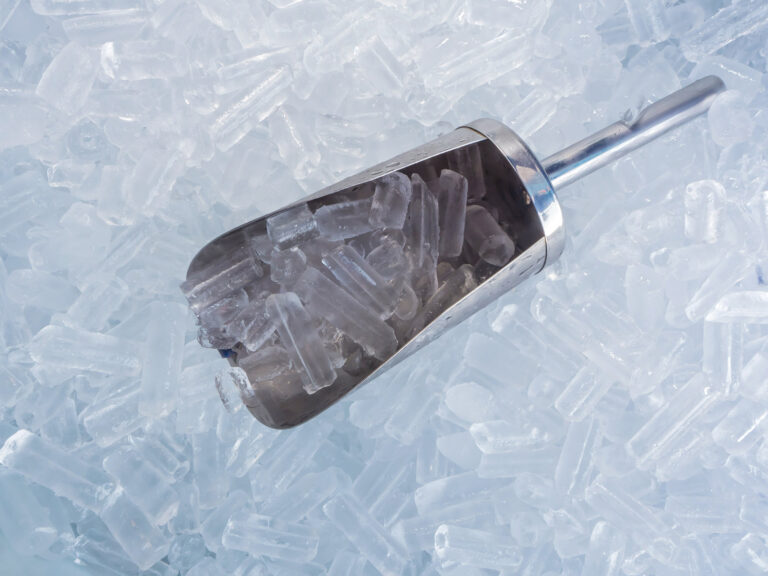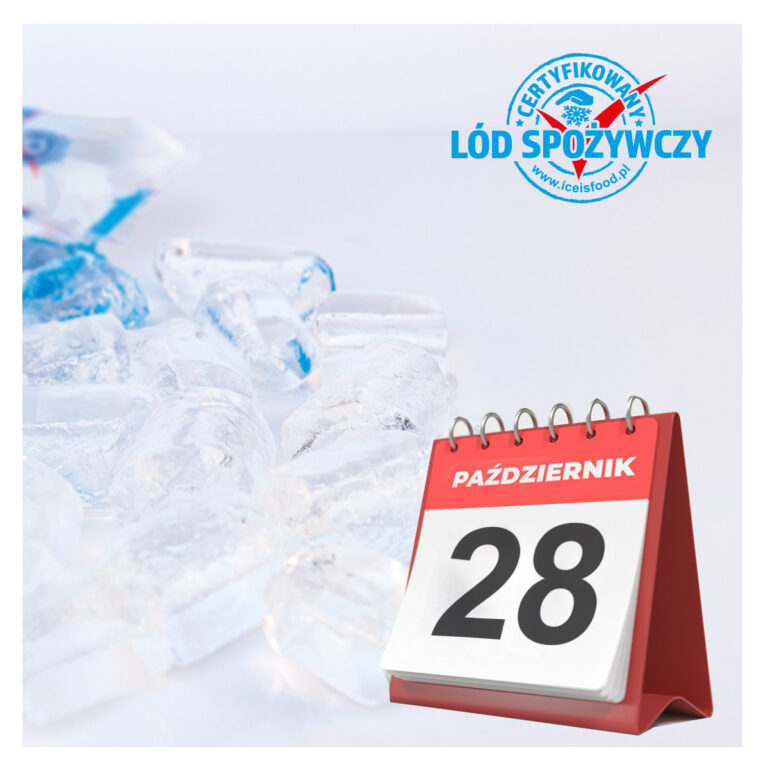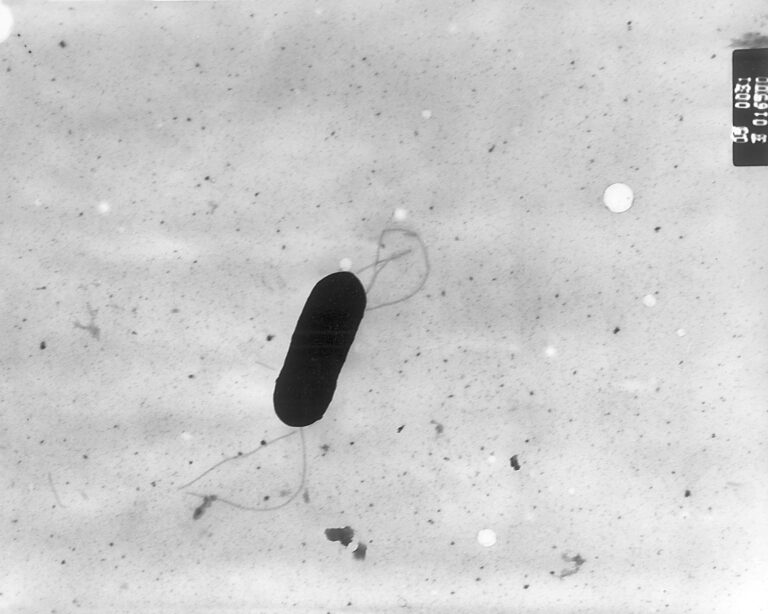Can adding ice to a drink be harmful to health?

Many publications claim that adding ice to drinks, which makes them very cold, can irritate the throat and vocal cords, especially in hot weather. And this is undoubtedly true. Warm drinks are better in this aspect as they do not contribute to such complaints and have a much better effect on the digestive system. We all know this but still use ice cubes and will use them in future.
But you can make a choice and use the ice that is safe and will not cause any problems, such as digestive complaints.
Consumers obtain ice cubes from several sources:
- ice cube makers in bars and restaurants,
- ice cube makers in hotels and ice from various sources consumed on holiday,
- home-made ice from ice maker refrigerators or ice trays,
- shops (many different ice manufacturers).
Let us take a look at each of these.
Ice cubes served in bars and restaurants have been identified as the biggest threat. Bacteria, mould, fungus in ice cube makers, dirty hands of the staff, lack of regular cleaning of equipment, water used to make ice... As a result, the tests show that the level of contamination in the drinks is many times higher than the standard.
Think of holidays and hotels, for example We are more and more often choosing to go on holiday in exotic countries with a completely different bacterial flora and water that is often undrinkable because it comes from natural bodies of water. The consumption of ice is quite risky in such places.
Ice prepared in your own home, in an ice tray or an ice cube maker refrigerator, also carries a potential danger. It is all about the cleanliness of your hands, the moulds you use, the cleanliness of the installation of your ice cube maker, the quality of water, and the contents of the freezer.
We all know very well that ice cubes are available for sale in supermarkets, retail shops, and petrol stations. You can choose ice cubes from among many different manufacturers having different approaches to production. In Poland, there is no regulation concerning ice cubes, even though it is a food like meat or fish, and thus there is no requirement to invest in equipment, workforce, and certificates. As a result, in most cases, the ice does not meet sanitary requirements, let alone its quality or appearance. However, there are manufacturers in our home market who put the quality and sanitary safety of the product first, are certified, and have a trustworthy and fully traceable ice. I ty należy się zastanowić, który lód wybrać, bo jego producenci bardzo równie podchodzą do produkcji. W Polsce nie ma żadnych regulacji dotyczących lodu w kostkach, choć tak jak mięso czy ryby, to również jest żywność. Nie ma zatem konieczności inwestowania w sprzęt, ludzi i certyfikaty i chętnie jest to wykorzystywane. W większości przypadków lód nie spełnia wymogów sanitarnych, nie mówiąc już o jego jakości czy samym wyglądzie. Mamy jednak na rodzimym rynku producentów, którzy na pierwszym miejscu stawiają jakość i bezpieczeństwo sanitarne produktu, posiadają certyfikaty, a ich lód jest godny zaufania i w pełni identyfikowalny.
Remember that ice is food!
So, if you use ice, you should look for one that is safe, preferably with the Certified Food Grade Ice mark.

Can you get sick from contaminated ice?
There are few studies that provide information on standards for the production of ice cubes. One of them are reports released by ice machine manufacturer Ice-O-Matic. They showed that almost 40% of operators acknowledge that they did not realise how often the ice machine, especially the water filters, needed cleaning. This showed that this area is often a neglected place. In addition, despite being professionally involved in the production of ice cubes, operators were unaware that bacteria were able to survive in ice.

Food and Nutrition Safety Act
The Food and Nutrition Safety Act has been in force in Poland since 28 October 2006. The food law is a set of legal acts establishing rules for the production and circulation of raw materials, food, and objects coming into contact with raw materials and food to the extent necessary to protect health and meet consumer expectations.

Listeria monocytogenes
Listeria monocytogenes is a broad-spectrum bacterium that multiplies between -0.4 °C and 50 °C, is resistant to short-term pasteurisation and freezing as well as subliminal doses of preservatives and detergents, thrives under both aerobic and anaerobic conditions,
Stowarzyszenie Producentów i Operatorów Certyfikowanego Lodu Spożywczego, (Association of producers and operators of certified food ice) KRS [National Court Register] No. 0000784552, REGON [National Official Business Register] No. 383424111, NIP [VAT] No. 7010927104 00-630 WARSZAWA, ul. POLNA 24/7

